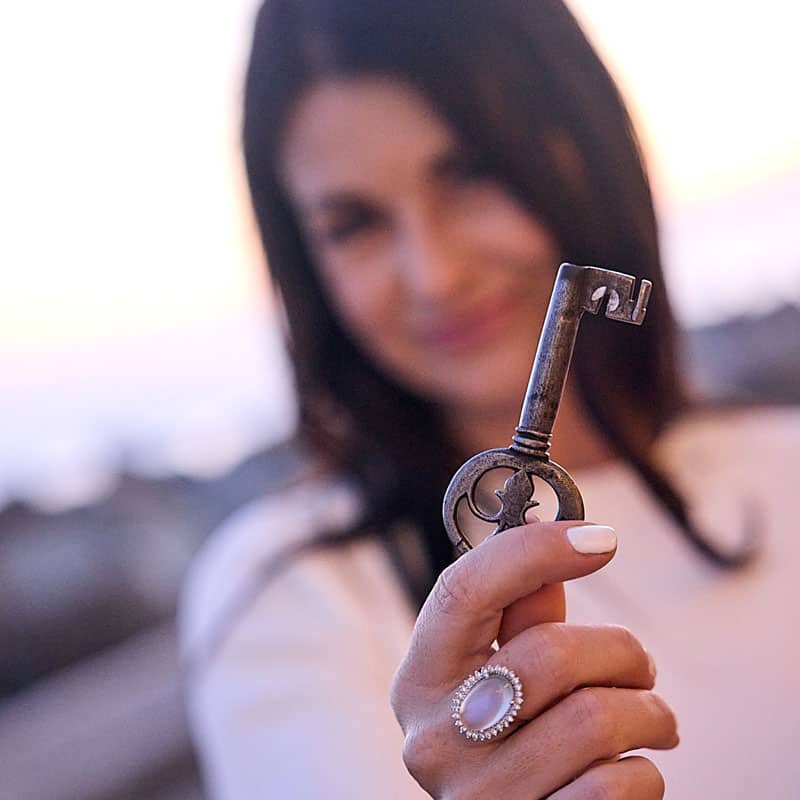Snooping to Catch a Cheating Mate?

Infidelity is common in romantic relationships in the United States. In a recent study of more than 22,000 people, 16.48 percent admitted to having sex with someone other than their husband or wife while married (Djamba & Kimuna, 2020). These are just people who were willing to admit to cheating—the actual rates are probably much higher.
Suspicion that a partner is being unfaithful is a common reason that people begin to snoop. Cell phone snooping is generally defined as deliberate efforts to monitor or intrude into another person’s private phone communications (see Arikewuyo et al., 2022). Essentially, it’s the unapproved use of a partner’s phone to gather information about them.
But is it helpful? What if you find out your partner is cheating? Where does that leave you?
The Psychology Behind Cell Phone Snooping
Research suggests that snooping is relatively common in romantic relationships. In a sample of 4,860 U.S. adults, Pew Research Center found that 34 percent admitted to looking through their current partner’s cell phone without their knowledge. Similarly, in a sample of 268 undergraduate students in the United States, 66 percent reported they had engaged in snooping behavior, most commonly when their partner was taking a shower (Derby et al., 2012). Their top reasons for doing it were curiosity and suspicion that their partner was cheating.
From a psychological perspective, people are often motivated to secretly look through a partner’s cell phone because of insecurity and suspicion (Arikewuyo et al., 2020). When people don’t trust that their mate is being honest, they naturally feel uncomfortable. This lack of trust can motivate someone to snoop as a way to get information. As the person looks through cell phone messages—or even old receipts and bank statements—they are gathering information in hopes that they will have evidence of wrongdoings by their mate to justify their feelings of mistrust.
Sometimes, the process of snooping itself is rewarding. Regardless of what information is found, the snooper often feels justified and empowered because they are gaining some psychological control over their mate and the state of their relationship.
Yet—here’s the bad news. Snooping is generally associated with relationship conflict and breakup, no matter what information is unearthed. For example, in a correlational study of 389 people in romantic relationships, cell phone snooping was a significant predictor of intention to break up (Arikewuyo and Abdulbaqi, 2022). Similarly, in a study of 329 married individuals, Arikewuyo and colleagues (2020) found that lack of trust was a significant predictor of relationship problems and that cell phone snooping partially explained the relationship between distrust and conflict. This is because, if someone is snooping, they don’t trust their mate even if they find no evidence of cheating.
The Naked Truth Is This:
In general, invading another person’s private space without their permission—whether it’s snooping on their phone, reading their personal journal, or invading their physical space—is unethical. As humans, we all have the right to our own autonomy. We have the right to share or not share personal experiences and information with others. Violating their boundaries through snooping is very likely to cause conflict with your partner, no matter what you find.
Furthermore, if you find yourself snooping, you inherently don’t trust your mate. Yet, trust is a key component of healthy romantic relationships. It’s influenced by who your partner is and by who you are—because we all bring our past learning and experiences into new relationships. So, if you have had difficult experiences in the past with cheating, being dumped, or being abused, it will likely seep into your new dating relationships if you’re not careful. Instead of snooping, communicate with your partner while working through your own insecurities and past baggage internally.
Copyright Cortney S. Warren, Ph.D., ABPP
Note: This content is only for informational and educational purposes and should not be considered therapy or any form of treatment. I cannot respond to personal requests for advice over the internet. Best on your continued journey.
Image Source: Yan Krukau / Pexels
TO READ MORE OF DR. CORTNEY'S WORK, SUBSCRIBE TO HER BLOG
Safe subscribe. You will have the opportunity to opt-out with every notice we send.

